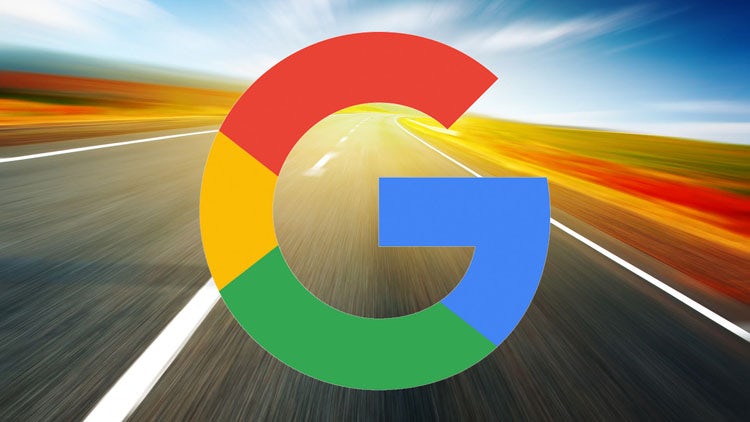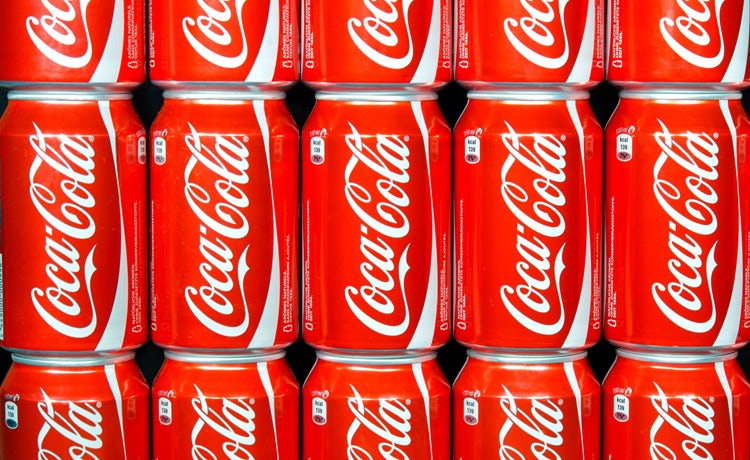British Gas, Coca-Cola, Google: 5 things that mattered this week
From Google apologising to advertisers to Coca-Cola scrapping its chief marketing officer role, we have rounded up the five stories you need to read this week.
Google apologises and promises to accelerate review after ad controversy

It was another difficult week for Google as major UK brands continued to pull their advertising following The Times investigation and it was forced to make an apology.
Speaking at Advertising Week Europe, its president of EMEA Matt Brittin said the search giant wanted to “raise the bar” for safe advertising. He also said it would ensure brand advertising no longer appeared next to extremist content.
“Within YouTube and the Google display network we need to consider, what do we categorise as being safe for advertising? So we’re reviewing those policies and looking at how we define hate speech and inflammatory content,” he said.
“We also found in some cases advertisers had the controls, but weren’t fully using them as they are quite granular. If the controls are there, but they’re too complex that’s our problem. So we’re simplifying the controls and looking to set the defaults to a higher level of safety.”
Whether these ‘improvements’ will be enough remains to be seen, with four major US brands – including Verizon – also pulling their advertising out of Google this week.
Coca-Cola ditches global CMO role in leadership shake-up
 Another major story this week came out of the Coca-Cola headquarters as it restructured its marketing department.
Another major story this week came out of the Coca-Cola headquarters as it restructured its marketing department.
Coca-Cola is getting rid of its global chief marketing officer function by merging it with ‘customer and commercial leadership as well as strategy’ to create a new ‘chief growth officer’ role. As a result, current chief marketing officer Marcos de Quinto is set to retire after a near 35-year career at the company.
Francisco Crespo, who currently serves as president of the Mexico business unit, will fill the newly created role of chief growth officer. Crespo, who has been with the business for 28 years, will lead Coca-Cola’s global marketing, corporate strategy, and customer and commercial leadership teams.
The changes will come into effect when chief operating officer James Quincey becomes the new CEO on 1 May. He said: “Today’s organisational announcement is another building block in our company’s transformational journey.”
Asos on why digital must be a balance between mass reach and targeting

In an interview with Marketing Week, Asos has claimed the key to success in social and digital channels is all about achieving a balance between mass reach and targeting.
Celina Burnett, head of marketing analytics at Asos, said marketers often fail as they get too preoccupied choosing one over the other.
She explained: “The question of reach versus relevance is a big debate right now and this trade off between achieving long-term and short-term success. But just because personalisation results in useful customer data doesn’t mean you should prioritise targeting as a strategy and ignore reach.
“You need to use both in tandem. Often the conversation is about choosing reach or relevance but you need a balance of the two, that’s obvious.”
Perhaps unsurprisingly, she also listed video and rich media as the two emerging marketing trends that most excite the online fashion brand.
UK advertisers are moving marketing services in-house

A growing number of UK advertisers are moving to in-house and on-site agency services; a trend driven by a growing demand for transparency and more agile ways of working.
New research, compiled in part by ISBA and released this week, suggested a move for more in-house and on-site expertise is mirroring a trend in the US.
ISBA’s membership was canvassed over a two-month period from December 2016 to February 2017. The aim was to follow up on surveys run by the ANA in the US and track whether UK advertisers are also bringing more agency services in-house or on-site, and if so to what degree and why.
The study highlighted marketers’ growing frustration with external agency relationships, as 62% of respondents say they are move towards forging stronger relationships with fewer suppliers.
“It’s the old chestnut around agility. To get a more agile route to market, brands are doing it themselves, whether that’s an on-site agency or an in-house function building the brand capabilities further,” explained Debbie Morrison, director of consultancy and best practice at ISBA.
According to 2013 ANA figures, 58% of advertisers in the US have started shifting towards in-house or on-site services.
British Gas hopes ‘functional benefits’ will transform it into a ‘modern British brand’

Last year, British Gas ended its 14-year relationship with media agency Carat and appointed MediaCom, who won because they answered the pitch question: ‘how would you turn British Gas into a modern British brand in a modern British society?’.
Speaking this week, British Gas’s director of brand marketing Margaret Jobling said the brand is now aiming to be “digital-first” both internally and externally.
She explained: “We have been, at its worst end, a telephone billing business where we send you a paper bill, you call us, and if there’s a problem we will call you. [We’re now] saying we need to move to be digital-first, self-serve, always-on, personalised and targeted in how we talk to our customers.”
This move plays to the brand’s ambition to shift from being seen as an energy business to one that is service-led, which Jobling describes as propositions that deliver against customer needs based on how British Gas helps its customers run their homes.
She said the brand will focus on the “functional benefits that customers look for – warm and working, safe and sound, clever and connected”.






